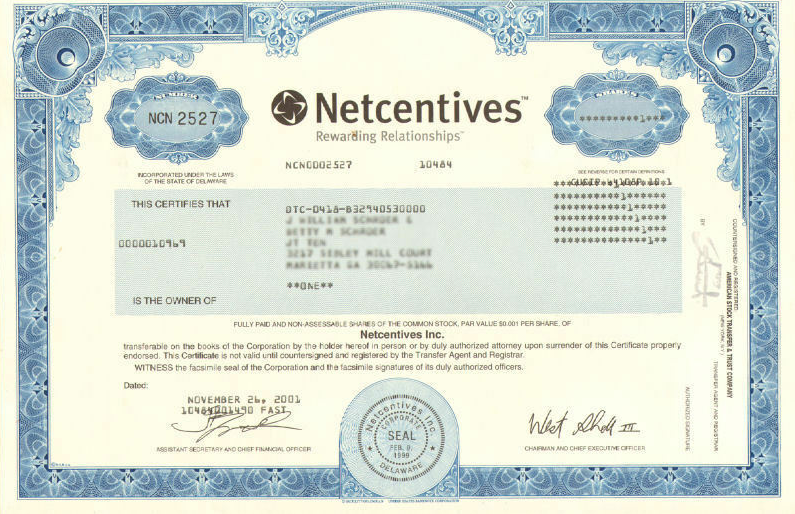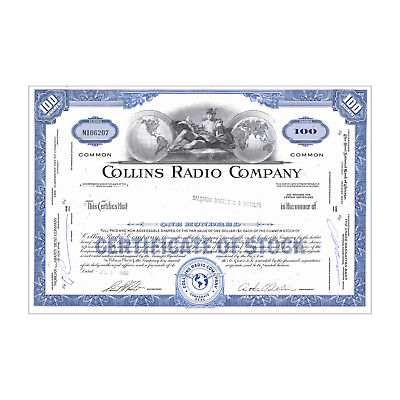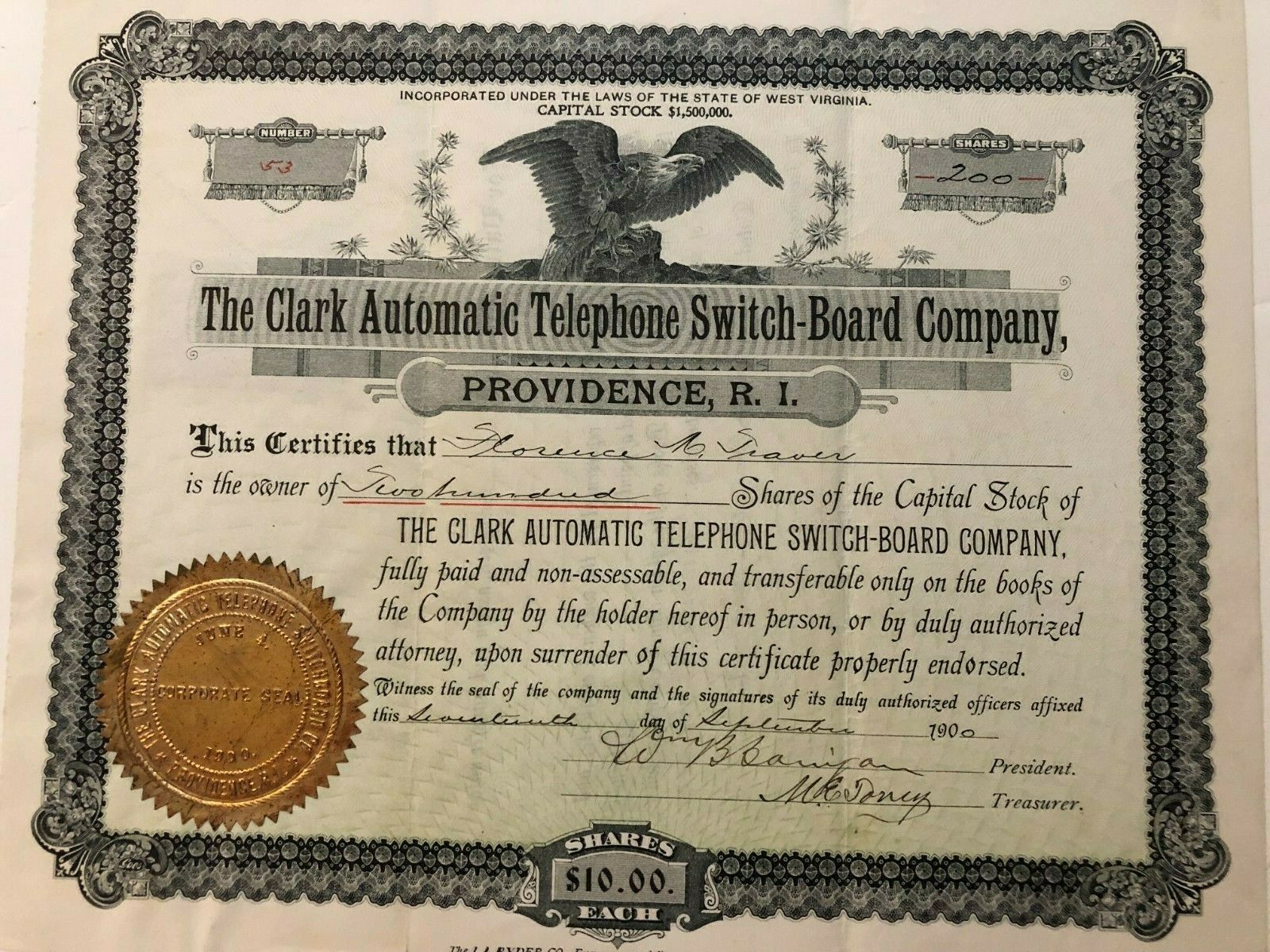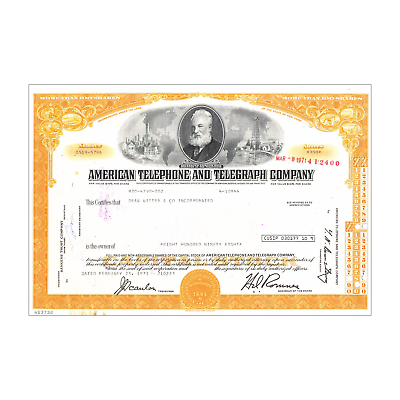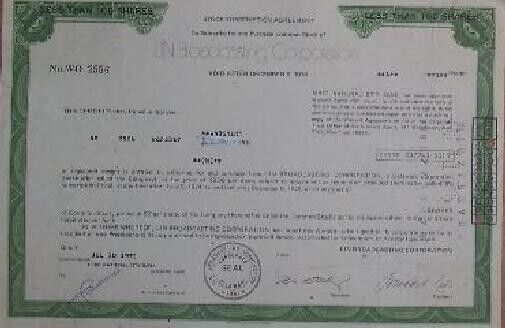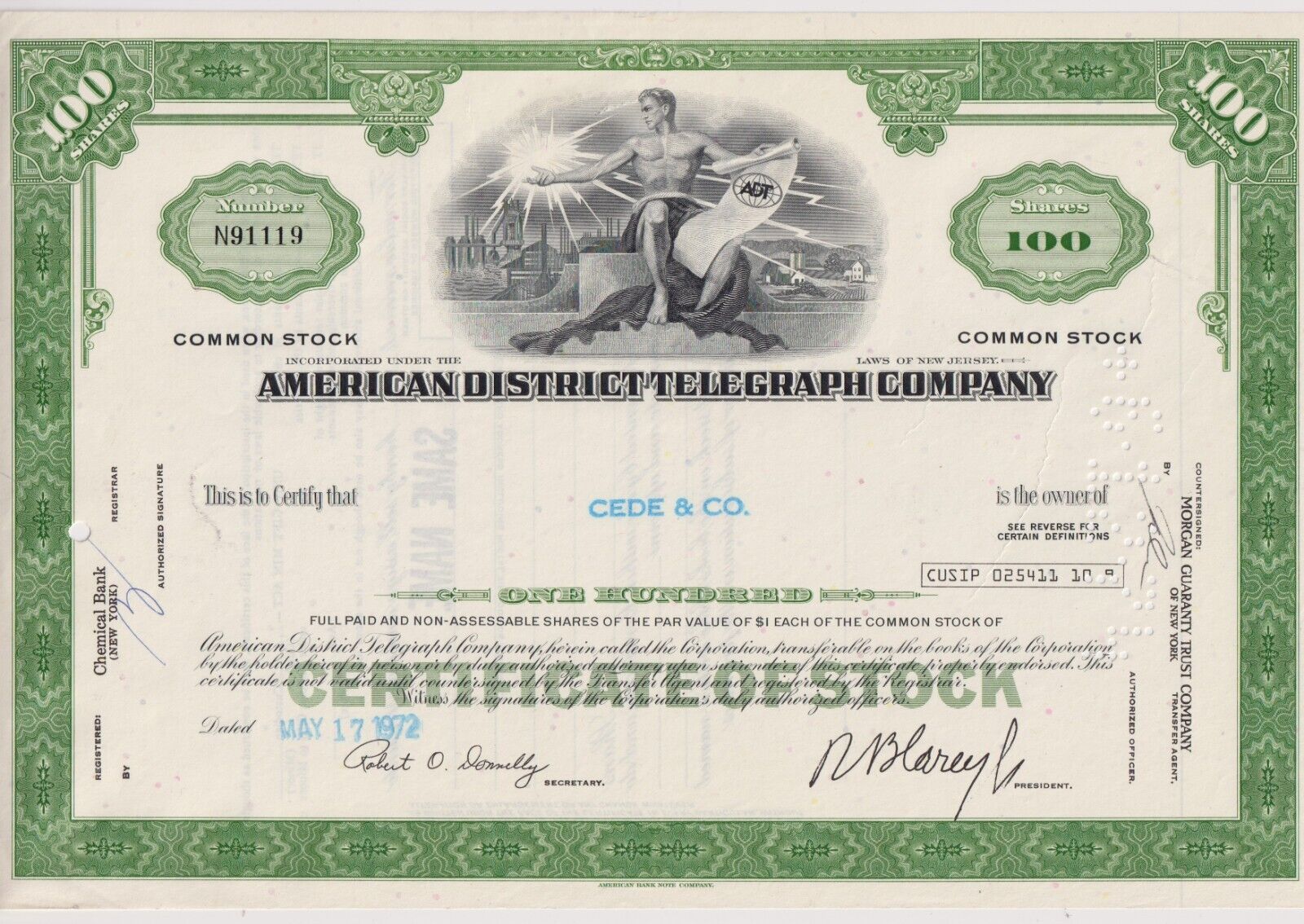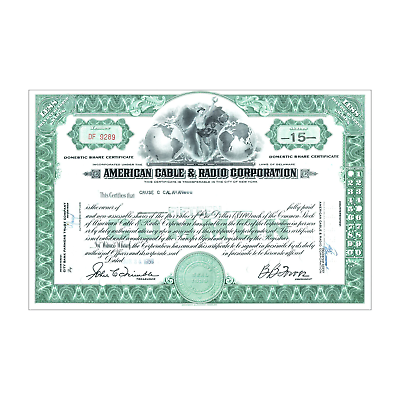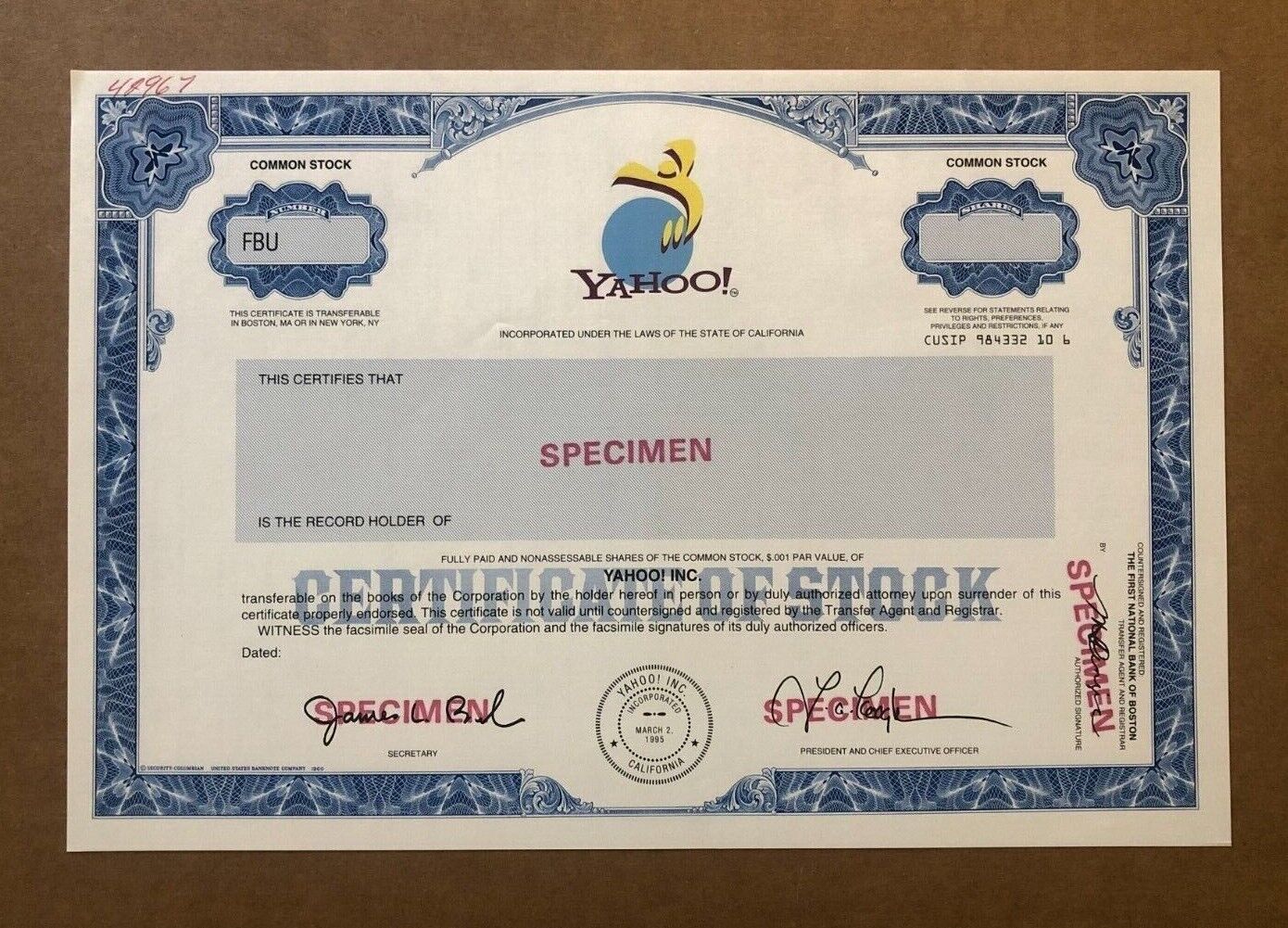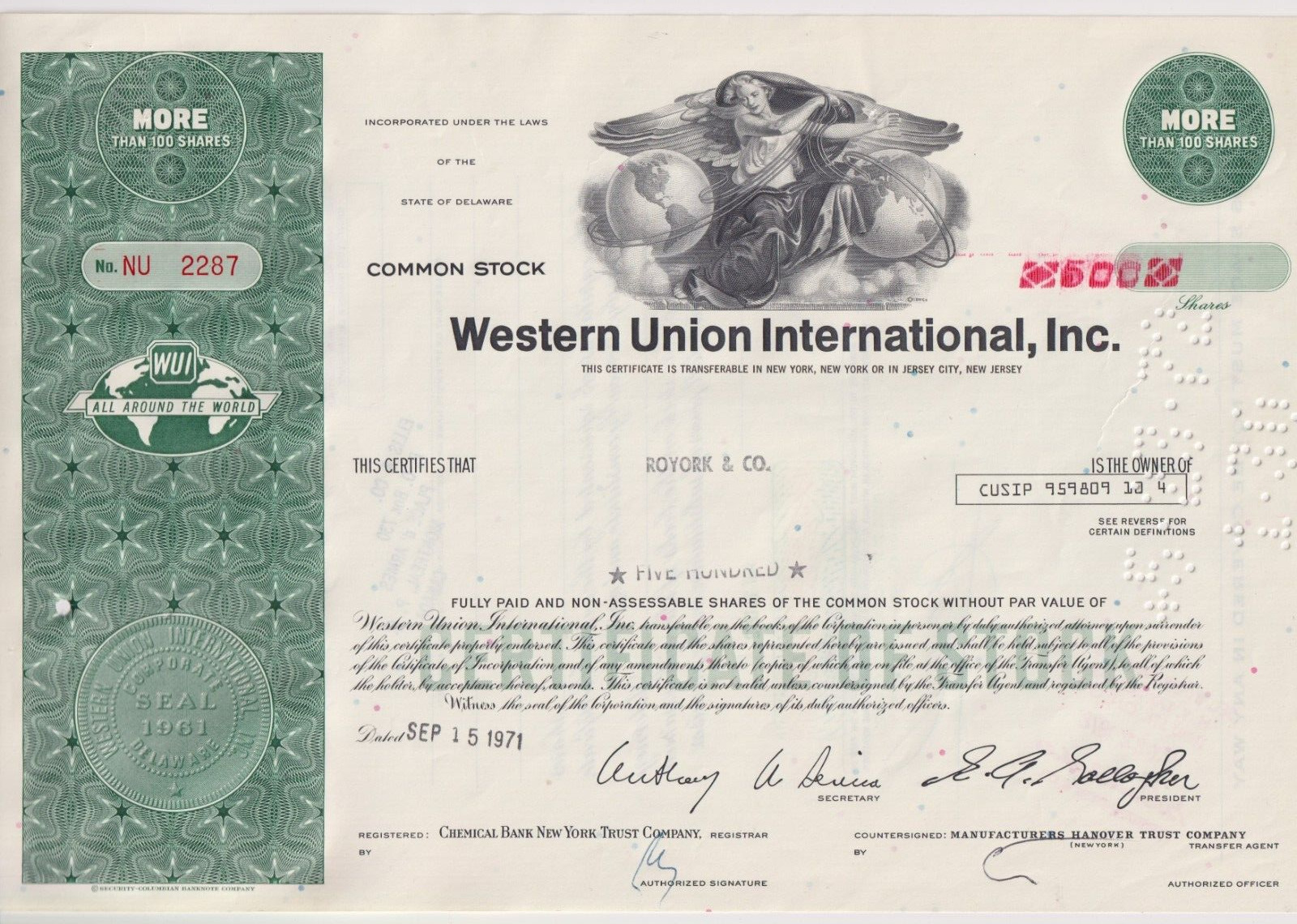-40%
Netcentives Inc. > dot-com bubble internet stock certificate share
$ 15.83
- Description
- Size Guide
Description
Old Stock Yard Collectible Stock and Bond CertificatesNetcentives, I
nc.
Original stock certificate
"Rewarding Relationships"
Early internet loyalty program company
Attractive certificate
More information on Exodus
Communications
:
Exodus Communications
was an Internet hosting service and Internet service provider to dot-com businesses. It went broke, along with many of its customers, during the bursting of the dot-com bubble. It declared Chapter 11 bankruptcy in 2001 and was purchased by Cable and Wireless in November 2001.
Exodus inception
Exodus was founded by K.B. Chandrasekhar and B.V. Jagadeesh in 1994, originally named Fouress, Inc.. Fouress then merged into Exodus Communications in 1996. Exodus Communications was the first company to offer colocation services and enterprise-level Web Hosting; it coined the term "Internet Data Center". It was based in Santa Clara, California. It completed an IPO on the NASDAQ in March 1998, the stock symbol was (NASDAQ: EXDS). The original headquarters was located on Benicia Ave in Sunnyvale, California. The final Exodus HQ was at 2831 Mission College Drive in Santa Clara, (now one of Yahoo's campus).
Executive leadership
K.B. "Chandra" Chandrasekhar served as CEO from inception until September 1998. He was the Chairman until September 2000. B.V. Jagadeesh served as VP Engineering and CTO from inception until July 2000. Exodus went from a zero in 1996 to billion valuation in 2000. In March 1998, Ellen Hancock, a former Vice President at IBM and CTO of Apple Computer, was recruited as President. She assumed the CEO post in September 1998. Key board members resigned in 2000. She resigned September 10, 2001. She was followed by Bill Krause as CEO on September 1, 2001. Exodus filed for bankruptcy shortly thereafter on September 26, 2001. Once the Company assets were sold off to Cable and Wireless, Bill Austin took over as the CEO.
Sam Mohammad became Vice President of Sales in 1997 and grew annual revenue from just over one million dollars to almost two billion dollars in less than 5 years. Richard 'Dick' Stoltz became CFO in 1995. Bob Sanford became VP Operations in 1997. Other key members of the team such as Barry James Folsom as consultant VP Marketing, saw the potential market for an "Internet Data Center" business; this luminary vision was key in setting the trajectory of the company, back in 1997. Michael Myers and Robert Bowman built the early backbone. Prabakar Sundarajan, Michael Myers, and Rob Bowman joined the company in 1995. Prabakar was promoted to CTO in 2000.
A key advisor, early investor and board member was Peter A. Howley. While lecturing at Stanford University on "The Centex Story", he was approached and quickly recruited by Exodus CEO Chandrasekhar. Howley was Co-founder/CEO of Centex Telemanagement (CNTX), a legendary company in telecom.. As a management consultant to top management and the board, Howley provided critical advice. These initially included actions to immediately accelerate revenue and customer growth, as well as steps to building a great service and customer oriented company. He envisioned Exodus as the EDS of the Internet world. He served from Exodus's earliest days until he resigned from the board in June 2000.
Product offerings
In-House offerings:
Web Hosting (high end - not shared)
Colocation Services
Network access and Internet Bandwidth
Managed Security Services and Consulting
Network Storage Solutions
Two Exodus projects were ancestors of modern cloud computing. Managed Web Hosting was an automated provisioning and management service for servers, networking gear, and applications. In addition, Exodus partnered with Ejasent to resell their virtualization offering.
For all of the below services Exodus relied on outsourced partners:
Managed Backup and Storage Services - Exodus served as the hub for no less than 8 managed storage companies and resold services from at least half
Managed Web Hosting - MSP-like turn-key complex hosting offerings including all operational and capital costs in a single price per month
Content Distribution Networks (CDN) - In addition to creating ReadyCache (based on non-functioning Inktomi technology), Exodus invested in and sold MirrorImage CDN. However none of these services were ever market leading or even competitive.
Corporate culture
Typical of high-flying tech companies of the era, Exodus employees were a driven, hard-charging group of people, with very strong ownership and follow-though traits. They when on to found or facilitate many companies in the Silicon Valley after the Cable & Wireless acquisition concluded. At the height of the company, there were approximately 4500 employees and 46 data centers. The headquarters was expanded to include two 8 story towers in addition to the 4 story building. At headquarters, facilities included on-site gym, massage therapists (for a fee), and cafe.
Acquisitions
Exodus acquired American Information Systems, Cohesive, Arca Systems, and Network-1's professional services division. In December 1999, Exodus acquired Global Online Japan and opened its Tokyo IDC in April 2000. In 2000 Grenville Consulting was acquired to expand its UK Professional Services capability. Exodus acquired 20% of Mirror Image for 7 million and purchased GlobalCenter from Global Crossing for .5 billion at the height of the bubble. Exodus paid million in cash and the rest in stock for Mirror Image, and paid the entire amount for Global Crossing in Exodus shares. The subsequent write down in the value of the Mirror Image holding hurt the Exodus balance sheet. The addition of 11 new GlobalCenter data centers to its network worsened cash flow problems. Exodus also acquired KeyLabs Inc. for million. Keylabs was a major leader in computer testing. The lab contained over 4000 computers as well as a large global network which was used for high performance bandwidth and load testing for their customers such as the NYSE and Microsoft.
A major element of their failure was due to "Dot-com" customers who failed to pay their bills, resulting in severe cash shortages. Poor financial control of customer credit worthiness, collections and investment justification contributed to the cash crunch as much as declining demand from customers. Another major issue was the overly aggressive footprint expansion effort. Many felt that they should have stopped at 23-27 datacenters, not the 47 or so in service at the peak. When the customer base evaporated the company was left with several very expensive empty buildings.
Chapter 11 bankruptcy
On September 26, 2001 Exodus Communications, Inc. announced that it filed voluntary petitions for reorganization under Chapter 11 of the U.S. Bankruptcy Code. The filing will enable Exodus to focus on operating its business and serving its customers while it develops a plan of reorganization to provide a suitable capital structure for long-term growth. The company also announced it had received a commitment for up to 0 million in debtor-in-possession (DIP) financing from GE Capital which will be used to fund post-petition operating expenses and supplier and employee obligations.
The company filed its voluntary petition in the U.S. Bankruptcy Court for the District of Delaware in Wilmington. The filing includes the company's domestic operations headquartered in Santa Clara, California.
Acquired by Cable and Wireless
November 2001 — Cable and Wireless (USA)- division purchased the bankrupt web hosting/co-location provider Exodus Communications for 0 million dollars. C&W merged its smaller US operation, the previously acquired Digital Island, with the larger Exodus operation and renamed it Cable and Wireless America.
Exodus operations sold
In January 2003, Cable and Wireless Japan sold Global Online Japan to Japanese VoIP operator Fusion Communications, merging its existing consumer Internet and VoIP efforts to create Fusion Network Services. The Fusion group was later acquired by Rakuten Group, where the Global Online Japan and Fusion brands continue to exist.
In March 2004, Cable and Wireless America, including the Exodus assets, were acquired by SAVVIS. Cable and Wireless Japan sold its IDC operations to the Softbank Group. - Information from Wikipedia
Old Stock Yard Policies and FAQs
Please visit my eBay store
– any combined certificate purchased
ship free
with auction items!
Shipping and Handling Charges:
.99 for one certificate to the U.S.
.99 for one certificate to the rest of the world
Additional, combined certificate purchases
ship for free
!
Shipping Method and Timing:
Certificates are carefully packaged in poly bags and rigid envelopes to protect them during shipment. Items are sent via U.S.P.S. – usually first class, but occasionally priority or parcel post. Most items will be mailed within 48 hours of payment.
Payment Method:
In accordance with
eBay
policy, my listings are setup to accept
Paypal
payments. Sellers are allowed to accept other forms of payment only if the buyer requests another payment method – so if you prefer to pay using a method other than Paypal, please let me know.
Return Policy:
Items can be returned for any reason within 15 days of purchase. A full refund will be issued upon receipt of the return if the item is the same condition it was in upon delivery.
FAQs:
Are you your certificates authentic or copies?
Everything
I sell is original and authentic. I do not sell copies or reproductions.
Is the certificate pictured the exact one I will receive?
Usually, yes. Occasionally, I do list certificates of the same type without rescanning. In this case, the certificate you receive will be virtually identical (same color, size, vignette, etc.) to the one pictured. Again, if you ever receive anything from me you are not 100% pleased with, you can return it for a full refund.
What is the best way to store, protect, and display my certificate collection?
The best thing, by far, that I have come across for storing certificates are
profolios and sleeves made by Itoya
. You can purchase them in my eBay store. I have several sizes available.
Do the certificates you sell have financial value?
No, these certificates are sold as collectibles only; although they are authentic, they no longer hold financial value.
